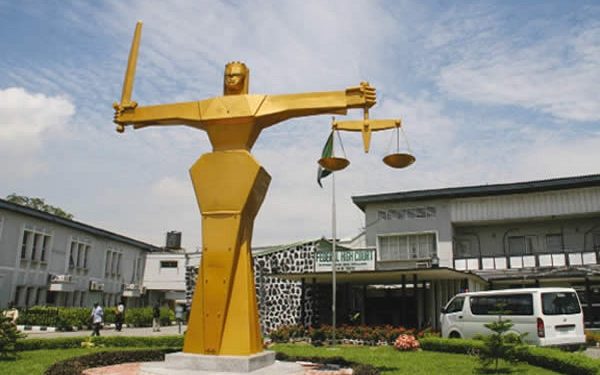Media Rights Agenda (MRA) has called on the federal government to take urgent measures to implement and give full effect to the April 9, 2025 judgment of the ECOWAS Court of Justice, which declared aspects of Kano State’s blasphemy laws a violation of Nigeria’s obligations under the African Charter on Human and Peoples’ Rights (ACHPR) and the International Covenant on Civil and Political Rights (ICCPR).
Urging the government to promptly comply with the court’s directive to bring all such laws in Nigeria into conformity with its international human rights obligations.
MRA stressed that failure to abide by the judgment would not only undermine the rule of law and weaken the regional human rights system, but also further tarnish Nigeria’s reputation as a democracy committed to the fundamental rights of its citizens.
In a unanimous judgment by three judges in a suit filed by a human rights organization, Expression Now Human Rights Initiative, the ECOWAS Court held on April 9 that the blasphemy provisions in the Kano State Penal Code, its Sharia Penal Code Law of 2000, and similar provisions in other laws violate key human rights guarantees, particularly the right to freedom of expression, guaranteed by the African Charter and the ICCPR.
It accordingly ordered the federal government to ensure the repeal or amendment of blasphemy provisions in the Kano State Penal Code, its Sharia Penal Code Law of 2000, and similar provisions in other laws as they are incompatible with Nigeria’s obligations to guarantee freedom of expression under the regional and international instruments.
In a statement issued in Lagos, Mr. Monday Arunsi, Acting Head of MRA’s Legal Department, said the organization agreed fully with the Court’s reasoning when it stated that “capital punishment is typically reserved for serious crimes like murder, terrorism or genocide, where there is a clear victim who has suffered grave harm, not speech or disrespect.
“The Court is of the opinion that there are less restrictive ways in which the Ssate could limit the freedom of expression for the purpose of ensuring respect for the religious beliefs of others and the preservation of public peace.”
He added that, “respect for the rule of law and for the decisions of competent international courts is fundamental to the protection of human rights, the promotion of justice, and the preservation of Nigeria’s standing in the international community.”









